Search
![A herd of cattle gather around a stock pond on a vast, lush grassland. Courtesy: USDA [CC BY 2.0]](/sites/default/files/2019-05/W-00231-00-cattle-grazing-grassland-pasture-range.jpg)
2017 Weed Control: Pasture and Range
There are 24 million acres of native and tame pasture and range as well as 1.4 million acres of grass hayland in South Dakota.
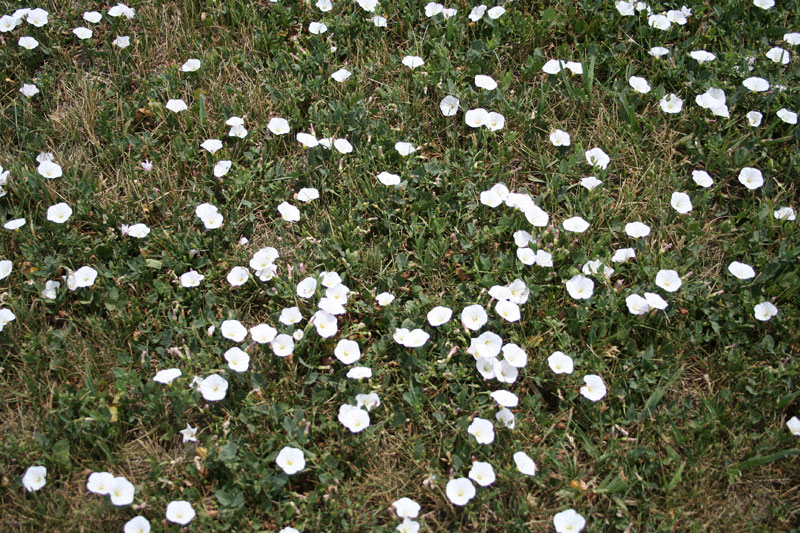
2018 Weed Control Noxious Weeds
Noxious Weed Recommendations: Herbicides for pasture, range, and non-crop areas, including roadside and other right-of-way that may be harvested for hay or grazed, are given a priority.
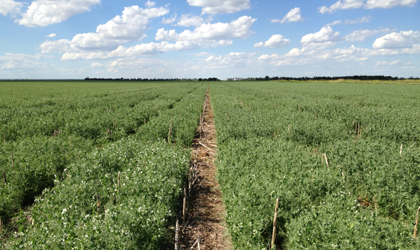
An identification guide of common Diseases of Dry Peas in South Dakota
A guide depicting common diseases of Dry Peas in South Dakota
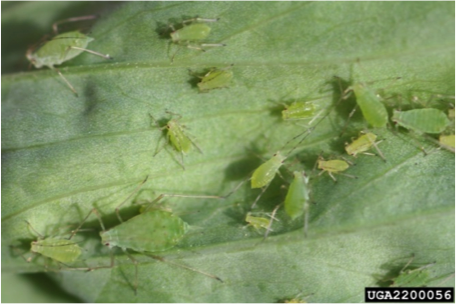
Soybean Aphids in South Dakota
Factsheet on Soybean Aphids in South Dakota
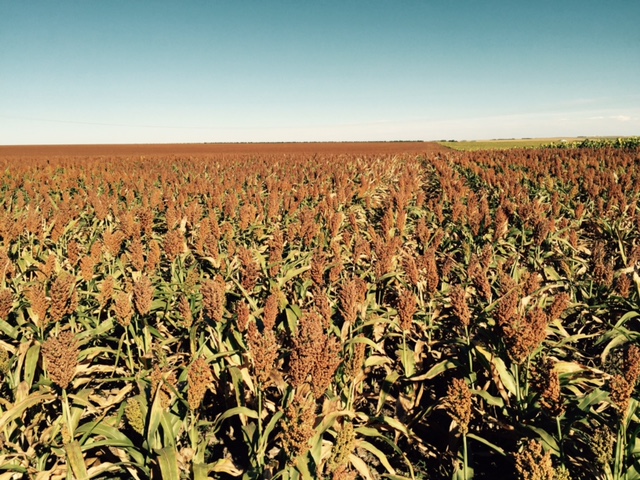
Sorghum Weed Control
Early competition, especially from grass, is critical for successfully controlling weeds in sorghum. There are preemergence as well as postemergence herbicides available for this crop. Early treatment provides the best control of broadleaved weeds with crop stage also being a critical factor for some postemergence treatments.

Youth for the Quality Care of Animals (YQCA) in South Dakota 4-H resources
About YQCA – the national program
Youth for the Quality Care of Animals (YQCA) is a national multi-species quality assurance program for youth ages 8 to 21 with a focus on three core pillars: food safety, animal well-being, and character development. The YQCA program is an annual certification created for youth producing and/or showing beef cattle, dairy cattle, sheep, meat goats, dairy goats, swine, poultry, and rabbits. The program has been designed by extension specialists and national livestock program managers to ensure it is accurate, current and relevant to the needs of the animal industry and shows, and is appropriate for youth learning levels.

Family Food Cent$ newsletters
The Family Food Cent$ Newsletter is published by the SDSU Extension Expanded Food & Nutrition Education Program (EFNEP) and Supplemental Nutrition Assistance Program Education (SNAP-Ed) through a partnership with the South Dakota Department of Social Services.
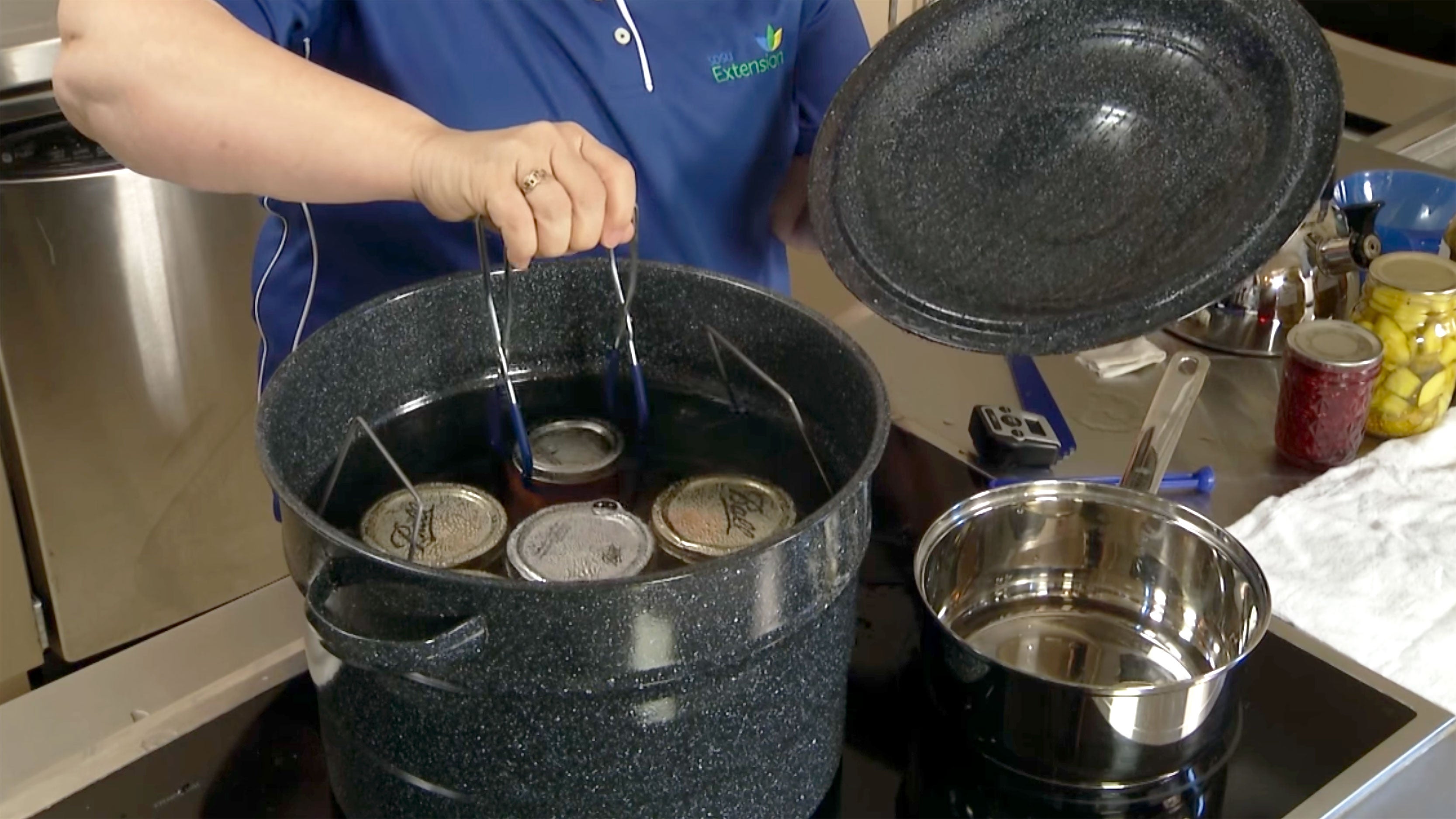
A Guide To Water Bath Canning
Water bath canners have fitted lids and removable wire racks. While they come in many sizes, the canner must be deep enough to allow a minimum of 1-2 inches of briskly boiling water that covers the top of jars during processing.
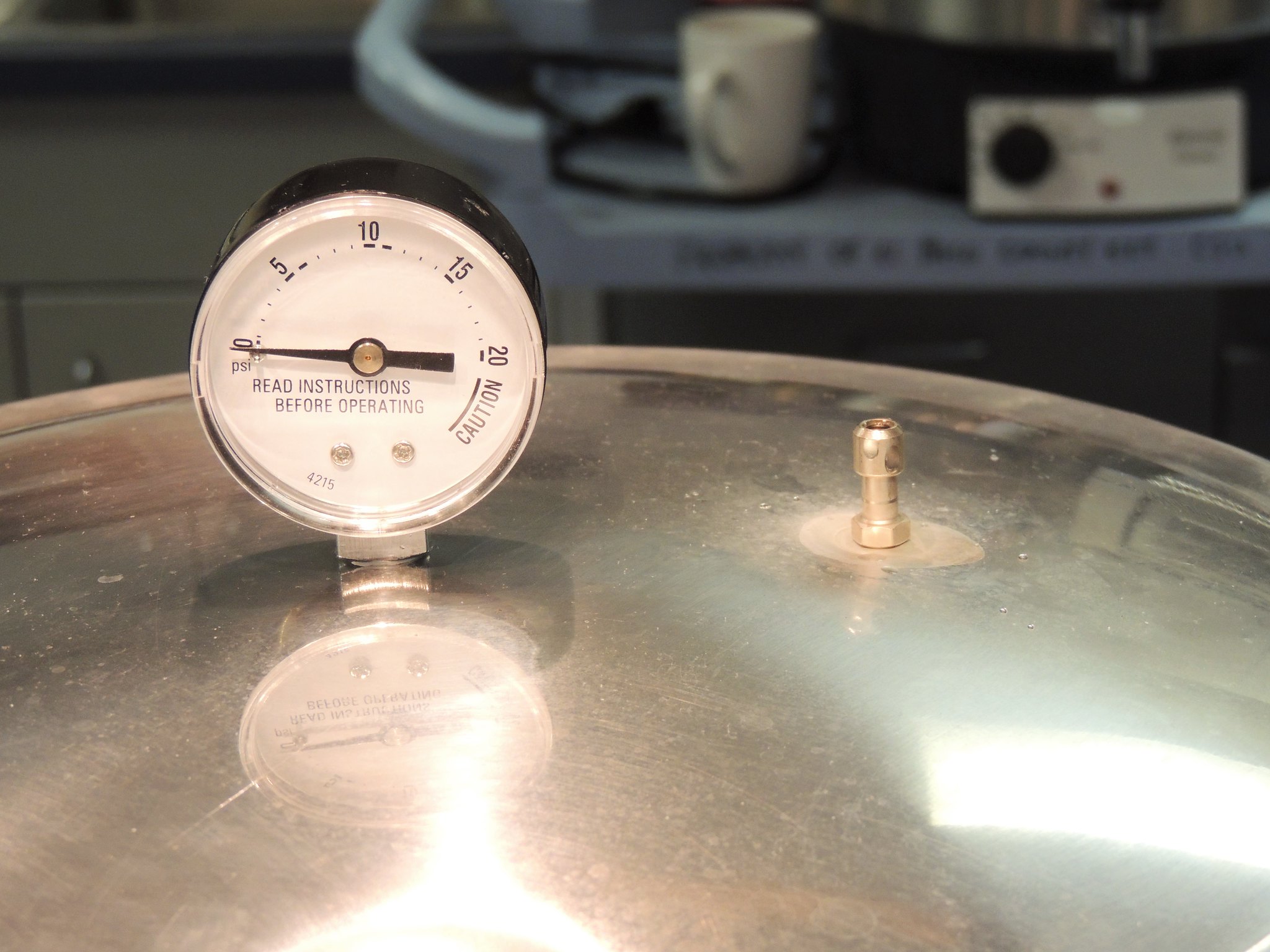
A Guide To Pressure Canning
Pressure canners may have a weighted-gauge or dial-gauge, for indicating and regulating the pressure during processing.